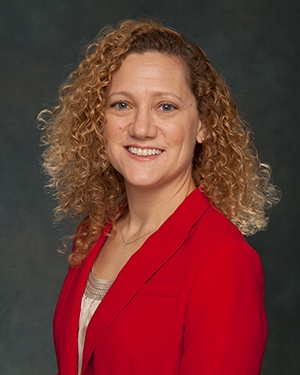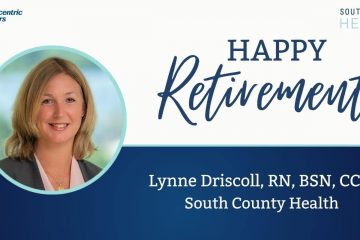[su_row][su_column size=”3/4″ center=no]
In a new study published in the Journal of the American Medical Informatics Association, Healthcentric Advisors and Brown University physician Dr. Rebekah L. Gardner looked at the relationship between health information technology (HIT)-related stress and physician burnout. She and her co-authors found that stress associated with HIT is in many cases associated with higher levels of physician burnout. In fact, those who agreed that electronic health records (EHRs) exacerbate their frustration at work were 2.4 times more likely to report burnout as compared to those who did not cite EHR-related stress.
Unlike many other previous studies on burnout, this study quantitatively analyzes the relationship between EHRs and burnout, considering a broad range of physician settings and specialties. This study therefore complements studies that are more qualitative based on focus groups and that focus more on a specific sub-section of physicians. By contrast, Dr. Gardner and her colleagues surveyed 4197 practicing physicians of various specialties in Rhode Island, of whom 1792 responded to the survey.
One of the main takeaways from this study is that while there was a strong association between HIT-related stress and burnout, this was not seen across the board and instead depended on the specialty. This study measured burnout as either having it or not (a binary cut-off) rather than attempting to measure the degree or severity of burnout. Due to the study’s finding, Dr. Gardner emphasizes that the presence of burnout does not mean that there is necessarily a technology-related solution. Instead, “technology-related stress may not be the issue for your particular staff, so measuring burnout, understanding the nuances, and asking some of the questions that we asked here I think can be very helpful,” Dr. Gardner said. “There isn’t one solution to burnout,” she emphasized.
[/su_column][su_column size=”1/4″ center=no]
[su_button url=”https://academic.oup.com/jamia/article/26/2/106/5230918″ target=”blank” style=”flat” background=”#132c56″ color=”#FFF” size=”8″ center=”yes” radius=”5″ text_shadow=”0px 0px 0px #d4f4f3″]Read the new study[/su_button][/su_column][/su_row]
Even with these nuances, however, Dr. Gardner says her findings “rang true” to her own experience as a physician, as well as that of her colleagues. Beyond professional and personal resonance, this gets at the very core of physician’s professional satisfaction as well as patient-physician interactions. She continued:
[su_quote cite=”Dr. Rebekah L. Gardner”]
Joy in work and feeling like you can get your work done without being continually frustrated by your tools is extremely important. For most physicians, the interaction with the patient is paramount and part of what brings people joy in practice. When you insert something in between the physician and the patient, it gets frustrating. It is easy to see how stress related to technology can erode care and be demoralizing for both patients and physicians.
[/su_quote]
Negative impacts on care, physician outcomes, as well as associated costs, are all “things that we care about” Dr. Gardner reminds us. This should lend urgency to acting on these findings. Her recommendation at the broadest, policy level is to decouple clinical documentation from billing and other documentation needs. If the two need to overlap, then there is a need for smarter technology so that the relevant information could be extracted from clinical notes rather than physicians having to do additional work. At the organizational level, people can work to make sure that someone covers for physicians when they are on vacation, for example, so that they can come back truly refreshed. As it stands now, physicians are often checking their EHR inboxes while on vacation in order to keep their workload reasonable when they return.
Gardner’s work makes clear that having a tailored approach to the use of HIT and EHRs in any healthcare setting, as well as soliciting feedback from physicians about these issues, are key to reducing burnout and, by extension, improving patient outcomes.


